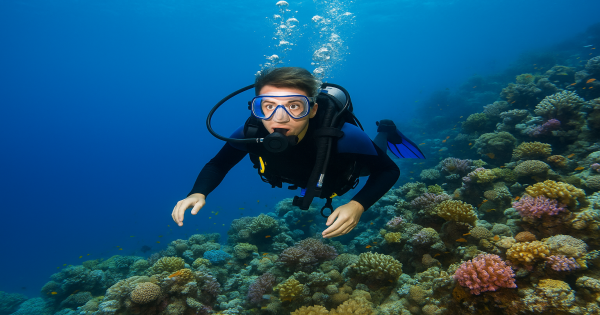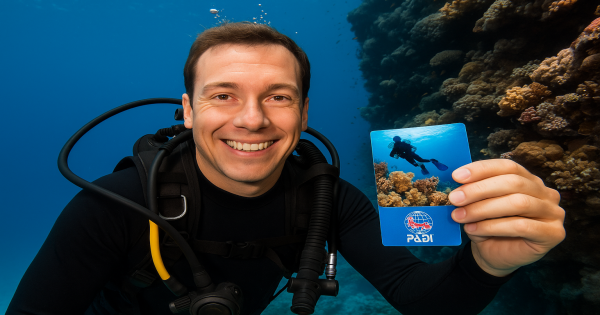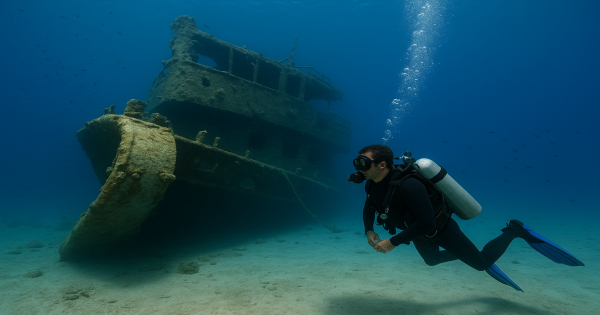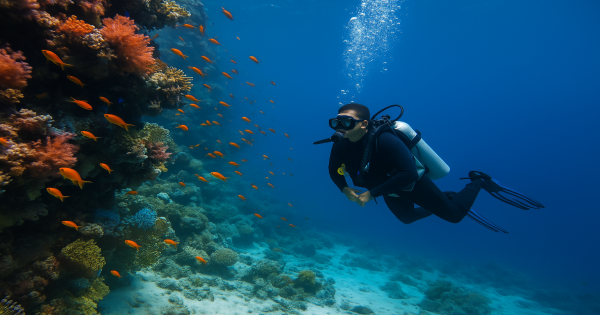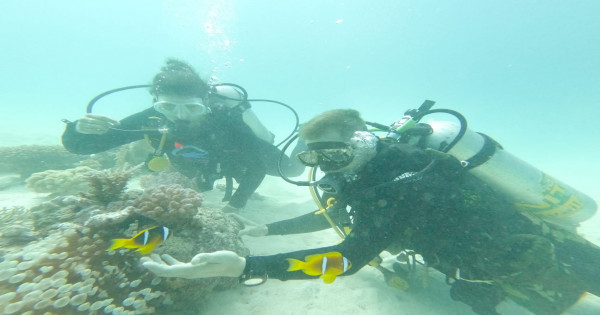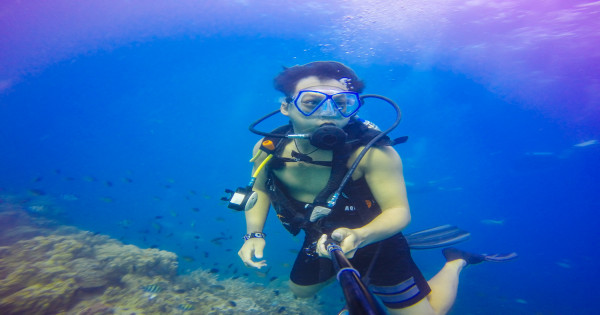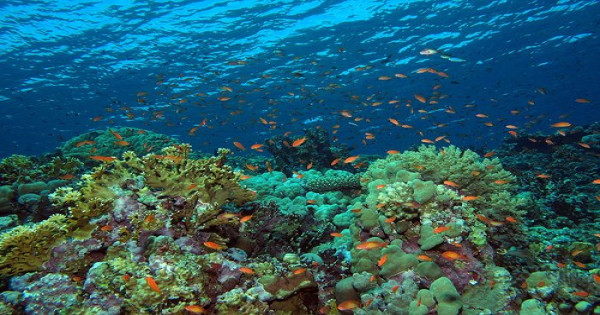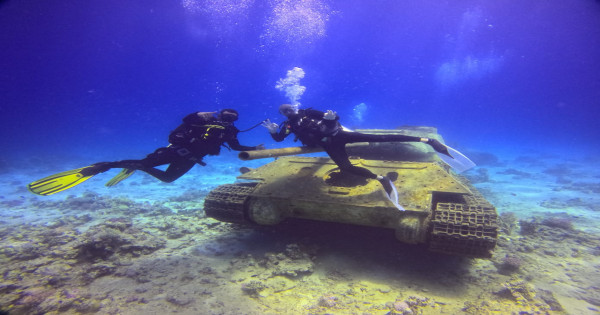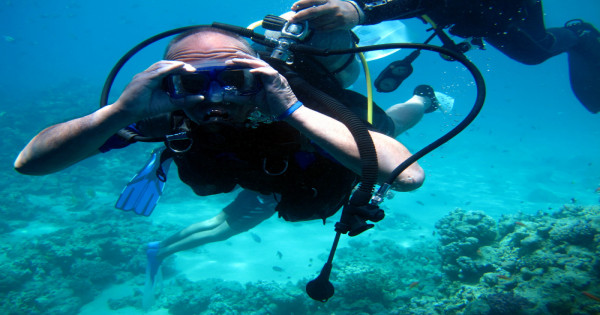Blog Details
Things to Avoid After Diving for Your Safety
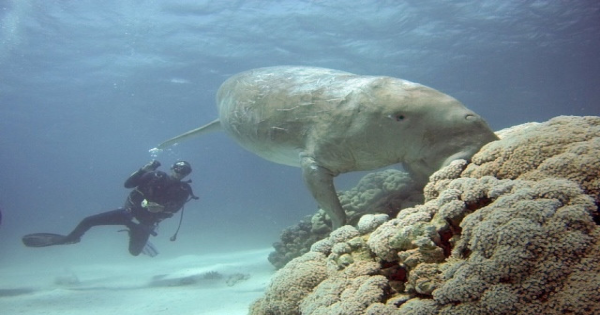
1. Stay Hydrated
It’s crucial to drink a significant amount of water after diving, as dehydration can negatively affect your blood oxygen levels. Make sure to prioritize hydration to support your body’s recovery.
2. Avoid Alcohol Consumption
Drinking alcohol after diving can lead to numerous issues. For instance, it can increase the risks associated with decompression sickness and adversely affect your recovery capabilities.
3. Don’t Ascend to High Altitudes
Avoid ascending to high altitudes, such as mountains or taking flights immediately after diving. Rapid changes in pressure can cause complications like decompression sickness, so it’s vital to be cautious.
4. Skip Intense Physical Activities
Engaging in strenuous exercise after diving is something to be avoided. Your body requires time to recover from the physical exertion of diving, which is a demanding activity, particularly when performed underwater. Allow yourself some time to rest before returning to physical activity.
5. Steer Clear of Saunas and Steam Rooms
Refrain from using saunas or steam rooms after diving. Excessive heat can elevate blood pressure and put additional strain on your body, potentially leading to complications.
6. Don’t Overexert Yourself
If you experience symptoms like dizziness or headaches, do not ignore them. Avoid placing additional stress on your body and consult a doctor if these symptoms persist.
7. Avoid Heavy Meals
After diving, it’s advisable to steer clear of heavy or fatty meals. Opting for lighter, healthier snacks will aid in your body’s recovery and overall well-being.
8. Remember to Relax
Take time to relax after your dive. Anxiety or mental stress can negatively impact your overall health, so it’s important to find ways to unwind.
9. Prioritize Rest
Make sure to give your body sufficient time to rest after your diving experience. Ensure you get enough sleep to promote recovery and rejuvenation.
10. Don’t Ignore Symptoms of Illness
If you experience any unusual symptoms after diving, such as chest pain or difficulty breathing, don’t hesitate to seek medical attention. Your health should always be your top priority.
Conclusion
Diving is a fantastic experience, but it's essential to be mindful of what to avoid afterward. By following these guidelines, you can ensure your safety and enhance your underwater adventures. Always remember that taking care of yourself post-dive will enrich your enjoyment of this incredible sport.
